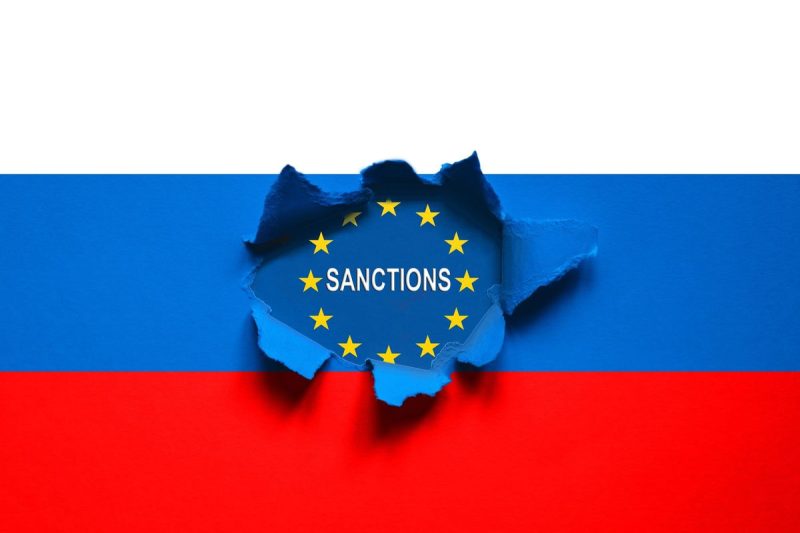LME Sanctions on Russian Metal Push Copper, Nickel, and Aluminum Prices Higher
The recent sanctions imposed by the London Metal Exchange (LME) on Russian metal have sent shockwaves through the global metal market, causing prices of copper, nickel, and aluminum to skyrocket. This move comes amid growing tensions between Russia and Western countries, and its impact on the metal industry is significant.
Copper, a key industrial metal used in various sectors including construction and electronics, has seen a sharp increase in price following the LME sanctions on Russian copper production. With Russia being one of the largest producers of copper in the world, these sanctions have disrupted the supply chain, leading to a surge in prices. This has put pressure on industries reliant on copper, potentially impacting their operations and profitability.
Nickel, another essential metal with applications in stainless steel production and electric vehicle batteries, has also witnessed a price hike due to the sanctions. Russia is a major exporter of nickel, and the restrictions on its production have caused supply shortages, driving up prices. This increase in nickel prices could impact industries that heavily rely on this metal, creating challenges in their supply chain management.
Aluminum, widely used in the aerospace, automotive, and construction industries, has not been spared from the impact of the LME sanctions on Russian metal. The restrictions on Russian aluminum production have disrupted the global aluminum supply chain, leading to a rise in prices. This price surge could have repercussions on industries that use aluminum extensively, potentially affecting their production costs and profitability.
The implications of the LME sanctions on Russian metal are far-reaching, extending beyond just price increases. The disruptions in the supply chain can lead to challenges in sourcing these essential metals, potentially affecting various industries worldwide. Companies that rely heavily on copper, nickel, and aluminum in their operations may need to reconsider their procurement strategies and explore alternative sources to mitigate the impact of these sanctions.
In conclusion, the LME sanctions on Russian metal have had a significant impact on the global metal market, causing prices of copper, nickel, and aluminum to rise sharply. The disruptions in the supply chain resulting from these sanctions could pose challenges for industries reliant on these metals, requiring them to adapt their procurement strategies to navigate the changing landscape of the metal industry. As the situation continues to evolve, it remains essential for businesses to stay informed and proactive in responding to these challenges.
